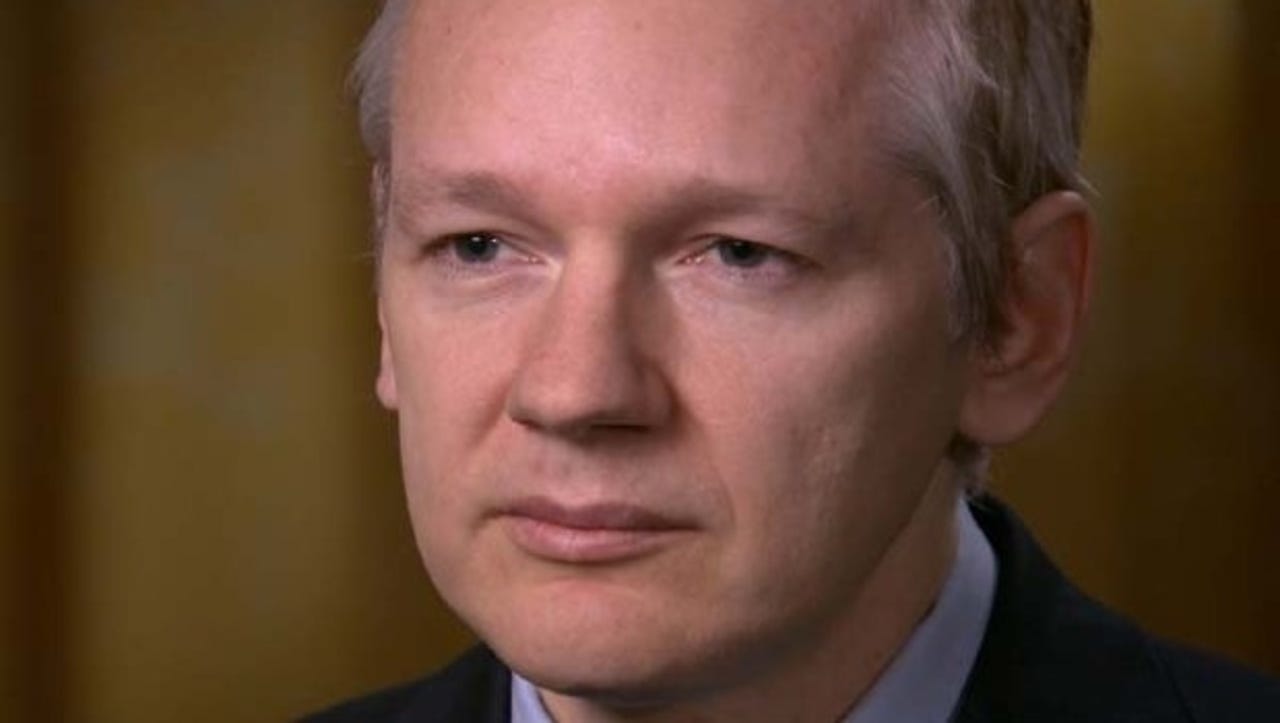Wikileaks' Assange extradition appeal fails at UK's High Court

LONDON -- Julian Assange, founder of Wikileaks, is to be extradited to Sweden to face sexual assault charges, after his High Court appeal in London failed.
Assange will have two weeks to lodge a further appeal with the Supreme Court, the UK's highest judicial body, but only should officials believe that the case is in the public interest.

Assange was arrested under a European Arrest Warrant in December 2010, but resides currently in east England under strict bail conditions.
Arguing earlier in the proceedings, Assange's legal team said that the arrest warrant he was arrested under was "not fair and accurate", according to the Guardian.
The warrant itself, argued the prosecution on behalf of Sweden, was "deliberately vague", but maintained that clear allegations were made using "unmistakable language".
Assange's legal team has made it clear time and again that if he were to be extradited to Sweden, it would be far easier for the United States to extradite him further -- needing residence in the United Kingdom to remain out of U.S. hands.
A U.S grand jury is still deliberating whether to indict Assange on espionage charges.
As Sweden's criminal justice system does not have a system for bail, Assange will be detained immediately upon his arrival.
The Wikileaks founder had angered the U.S. government after 'Cablegate', where 250,000 diplomatic cables between embassies were leaked and published by various co-ordinating media organisations.
The U.S. diplomatic cables release last year was the largest cache of classified documents released by the whistleblowing website, Wikileaks.
The cables sparked an international outrage at both governments and Wikileaks, and set to spark the 2011 Arab Spring, which led to revolutions across the Middle East and North Africa.
Last month, Assange told reporters at a press conference in the British capital that Wikileaks would suspend operations, amid a 'financial blockade' of donations by major U.S. banks, including PayPal, Visa and MasterCard, to instead focus on fundraising.
The blockade, which began in December 2010, caused Wikileaks to lose 95 percent of its revenue, the founder said, forcing the organisation to use cash reserves for the past 11 months.
Related:
- ZDNet Special Report:Whistleblowers or terrorists? The Wikileaks story
- Wikileaks suspends publication of secrets amid 'financial blockade'
- Wikileaks Assange to be extradited from UK; Appeals expected to be lodged
- US subpoenas Wikileaks tweets, and why this could affect you
- Why Wikileaks cannot be a 'terrorist organisation'
- CBS News: WikiLeaks suspends publishing to raise cash
- WikiLeaks' fate cloudy as Assange awaits verdict